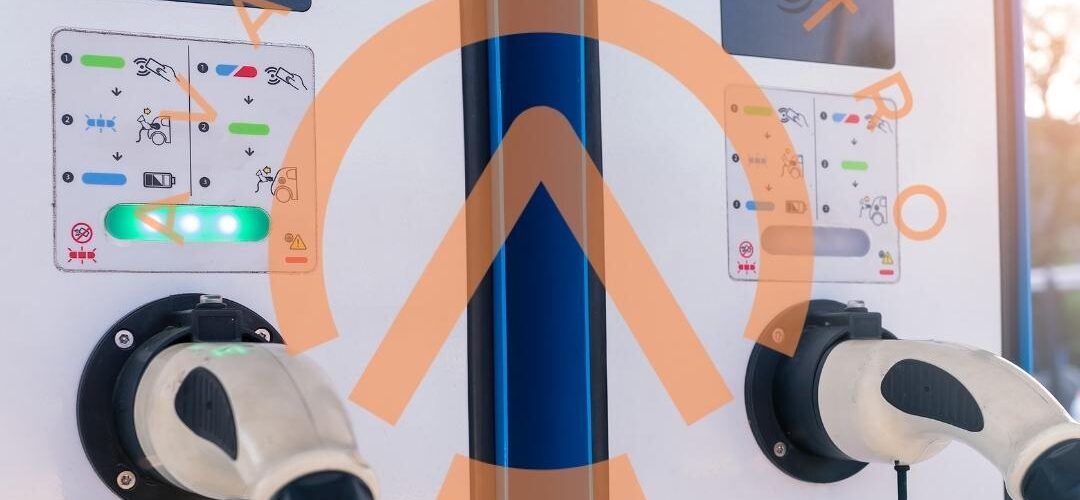How Increasing Demands for EVs Can Affect Polymers Market?
Article Outline
| Section | Heading |
| Introduction | The Rising Demand for Electric Vehicles |
| 1. The EV Market Expansion | Impact on Polymer Market |
| 1.1 EV Technology Advancements | Polymer Types Affected |
| 1.2 Environmental Concerns | Sustainable Polymers |
| 2. Supply and Demand | Balancing Supply and Demand |
| 2.1 Challenges | Meeting Future Requirements |
| 3. Material Innovations | Developing Advanced Polymers |
| 3.1 Composite Materials | Reinventing Polymer Production |
| 4. Future Prospects | The Road Ahead for Polymers |
| 4.1 Market Growth | Sustainable Solutions |
| Conclusion | The Symbiotic Relationship |
| FAQs | Answers to Common Questions |
How Increasing Demands for EVs Can Affect Polymers Market?
The automobile industry is undergoing a remarkable transformation with the growing interest in electric vehicles (EVs). This shift towards sustainability and eco-friendliness has sparked a substantial increase in the demand for EVs worldwide. But how does this burgeoning demand for EVs affect the polymers market? In this article, we will delve into the intricate relationship between the two industries.
Introduction: The Rising Demand for Electric Vehicles
Electric vehicles are no longer a novelty; they have become a mainstream choice for environmentally-conscious consumers. The rising concerns about climate change and the push for cleaner energy sources have significantly boosted the demand for EVs. This demand is expected to further skyrocket in the coming years.
1. The EV Market Expansion: Impact on Polymer Market
1.1 EV Technology Advancements: Polymer Types Affected
As EV technology advances, so does the need for more efficient, lightweight, and durable materials. Polymers, which are extensively used in EV components such as battery casings, interior components, and lightweight body panels, are experiencing a surge in demand. Manufacturers are exploring innovative polymer types to meet the specific requirements of EVs.
1.2 Environmental Concerns: Sustainable Polymers
With the focus on reducing the environmental footprint of EVs, there’s a growing demand for sustainable polymers. Biodegradable and recyclable polymers are becoming increasingly popular as they align with the green image of EVs. This shift creates new opportunities in the polymer market, encouraging research and development of eco-friendly materials.
2. Supply and Demand: Balancing Supply and Demand
Meeting the increasing demand for polymers, especially in the EV sector, is not without its challenges. Maintaining a balance between supply and demand is crucial. As more industries rely on polymers, ensuring a consistent supply becomes paramount to avoid disruptions.
2.1 Challenges: Meeting Future Requirements
The polymer industry faces challenges in terms of scalability, raw material availability, and production efficiency. Meeting the future requirements of both EVs and other sectors that rely on polymers necessitates constant innovation and adaptation.
3. Material Innovations: Developing Advanced Polymers
To cater to the burgeoning EV market, the polymer industry is on a quest for material innovations. Composite materials, in particular, are gaining prominence for their strength-to-weight ratio. These materials are ideal for EV components, where reducing weight without compromising strength is crucial.
3.1 Composite Materials: Reinventing Polymer Production
Composite materials combine polymers with other materials like carbon fiber or glass fiber, resulting in enhanced properties. This reimagining of polymer production can lead to more robust, lightweight, and eco-friendly solutions that align with the EV industry’s demands.
4. Future Prospects: The Road Ahead for Polymers
The symbiotic relationship between the EV and polymer industries is poised for substantial growth in the future. As the EV market expands, the polymer market will continue to evolve to meet the evolving demands of the electric vehicle industry.
4.1 Market Growth: Sustainable Solutions
In response to the increasing demand for EVs and the call for sustainability, the polymer market’s future looks promising. Sustainable solutions and materials that complement the EV market’s eco-conscious ethos will play a pivotal role in shaping the polymer industry’s future.
Conclusion: The Symbiotic Relationship
The increasing demands for EVs are reshaping the polymer market in unprecedented ways. As EV technology advances, it creates a ripple effect, necessitating innovation, sustainability, and a harmonious relationship between these two industries. The future holds exciting prospects for both EVs and the polymer market.
FAQs
- How are polymers used in electric vehicles? Polymers are used in various EV components, including battery casings, lightweight body panels, and interior components, due to their lightweight and durable nature.
- Why are sustainable polymers gaining popularity in the EV market? Sustainable polymers align with the eco-friendly image of EVs and help reduce their environmental footprint, making them a preferred choice.
- What challenges does the polymer industry face with the increasing demand from the EV sector? The challenges include maintaining a consistent supply, scaling up production, and ensuring raw material availability to meet the growing demands.
- How are composite materials changing the polymer industry for EVs? Composite materials, with their enhanced properties, are redefining polymer production by providing stronger, lighter, and more eco-friendly solutions for EV components.
- What is the future outlook for the polymer market in relation to the growing demand for EVs? The future of the polymer market is promising, with a focus on sustainable solutions that align with the eco-conscious ethos of the EV industry. The symbiotic relationship between the two industries is expected to grow significantly.

